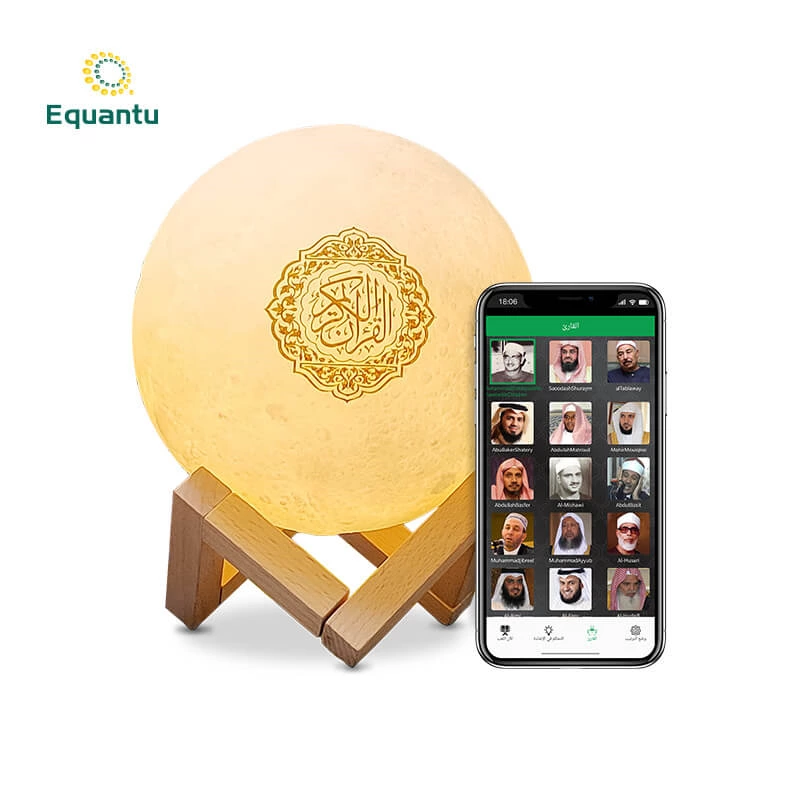Declaration of Faith (Shahada)
The foundation of an Islamic will begins with the declaration of faith, affirming the oneness of Allah and the prophethood of Muhammad (PBUH). This declaration sets the spiritual tone of the will and underscores its compliance with Islamic principles.
Executor Appointment
Appointing a trustworthy and knowledgeable executor is crucial. The executor is responsible for ensuring that the will is carried out according to the deceased's wishes and in compliance with Shariah. When selecting an executor:
- Trustworthiness: Choose someone with integrity and reliability.
- Knowledge of Shariah: Ensure the executor understands Islamic inheritance laws to manage the estate appropriately.
- Willingness to Serve: Select someone willing to undertake the responsibilities without conflict of interest.
Debt Settlement
Before distributing assets, it is essential to address any outstanding debts and obligations. An Islamic will should:
- List All Debts: Clearly outline any debts owed by the deceased.
- Prioritize Payment: Ensure that debts are settled before the distribution of assets to heirs.
- Provide for Dependents: Allocate funds to support dependents during the debt settlement process.
Bequests (Wasiyyah)
Islamic law allows for up to one-third of the estate to be allocated to non-heirs or charitable causes. This section of the will should:
- Specify Recipients: Clearly name the beneficiaries of the bequests.
- Define Purpose: Outline the intended use of the bequeathed assets, whether for personal wishes or charitable purposes.
- Ensure Compliance: Ensure that bequests do not infringe upon the rights of rightful heirs as prescribed by Shariah.
Inheritance Distribution (Mirath)
The core of an Islamic will is the distribution of inheritance according to Islamic laws. Key aspects include:
- Fixed Shares: Allocate specific portions of the estate to entitled heirs, such as spouses, children, and parents.
- Gender Considerations: Recognize that sons typically receive twice the share of daughters, reflecting their financial responsibilities.
- Special Circumstances: Address unique family situations, such as multiple marriages or adopted children, ensuring fairness and adherence to Islamic guidelines.
Guardianship of Minor Children
For Muslim parents, appointing a guardian for minor children is a critical component. This section should:
- Name a Guardian: Clearly designate a trusted individual to care for the children.
- Outline Responsibilities: Define the guardian's duties and responsibilities in raising the children.
- Ensure Religious Upbringing: Emphasize the importance of maintaining an Islamic upbringing and environment for the children.
Integration with Equantu’s Quran Speakers and Zikr Rings
Equantu’s products enhance the process of drafting and reflecting upon an Islamic will by providing spiritual support and mindfulness:
- Quran Speakers: Installing Quran Speakers in the drafting space can create a spiritually uplifting environment, allowing individuals to listen to Quranic recitations and teachings that inspire ethical and fair estate planning.
- Zikr Rings: Wearing Zikr Rings during the estate planning process serves as a personal reminder to engage in Dhikr, promoting mindfulness and ensuring that decisions are made with integrity and adherence to Islamic principles.
Conclusion
A well-crafted Islamic will encompasses several key components that ensure the distribution of assets aligns with Shariah. By including declarations of faith, appointing a trustworthy executor, settling debts, specifying bequests, adhering to inheritance laws, and appointing guardians for minor children, Muslims can create a comprehensive and just will. Equantu’s Quran Speakers and Zikr Rings further support this process by fostering a spiritually mindful and ethically grounded approach to estate planning. Embracing these tools allows individuals to honor their legacy with integrity and reverence, ensuring their final wishes are respected according to Islamic principles.







